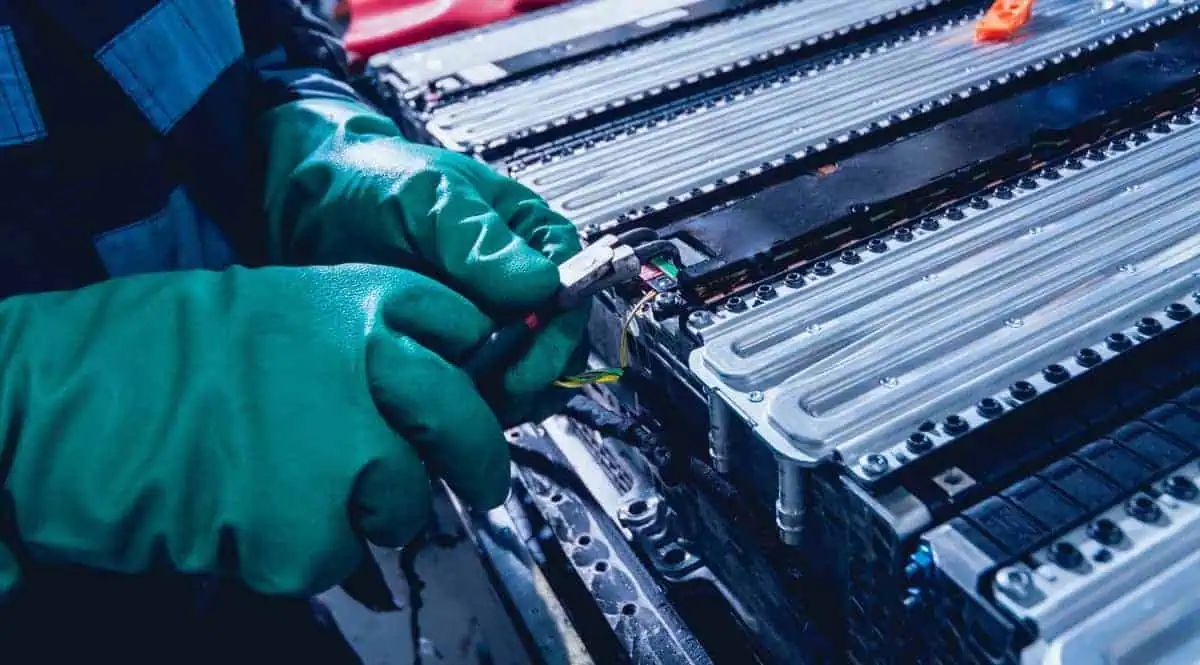American battery recycler Redwood Materials is making progress in its sustainable battery production push at its Nevada campus in the United States.
It marks a significant advancement in its goals to establish a closed-loop battery materials supply chain to sufficiently support the growing number of electric vehicles on the road.
Redwood shares major advancements at its Nevada campus
As Redwood Materials announced on social media platform X, its innovative hydrometallurgical facility is the first-ever commercial-scale nickel “mine” to launch in the US in years. Moreover, it is also the sole new source of lithium supply in the country in recent decades.
Its ground-breaking hydrometallurgical process has a lithium recovery rate from retired batteries of a whopping 95%. Redwood Materials refines the extracted minerals and utilizes them to produce cathode-active materials. This process enables the company to reduce the environmental impact of battery production, potentially solidifying the country’s local supply chains.
40% reduction in CO2 emissions compared to competitors
Redwood also asserted that its reductive calciner has an annual processing rate of over 40,000 metric tons or about 15-20 GWh of battery materials. It also shared that Stanford University researchers found that its li-ion battery recycling processes reduce 40% carbon emissions compared to other battery recycling companies.
Its closed-loop system also significantly reduced the environmental impact associated with mineral extraction and transport in traditional mining.
“In conventional mining cycles, extraction and transport typically account for over 30% of the environmental footprint of mined cathode materials. Our recycling process significantly reduces this impact to less than 5%, demonstrating the efficiency of our circular supply chain.”
Redwood Materials
Utilizing 80% less energy compared to mining
Moreover, Redwood indicated in its X post that its cutting-edge battery recycling process employs 80% less energy and 805 less water than traditional mining. In effect, it cuts 70% of the total C02 emissions of mining.
“Compared to traditional methods of processing mined ore into battery-grade materials, our approach is significantly more sustainable. We use 80% less energy, generate 70% less CO2 emissions, and require 80% less water, setting new standards in resource efficiency.”
Redwood Materials
Redwood Materials’ significant progress in battery recycling in the US paves the way for more sustainable practices in battery materials production in the US. Moreover, it can also aid the government in cutting its heavy reliance on China for critical minerals.






